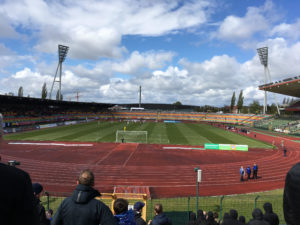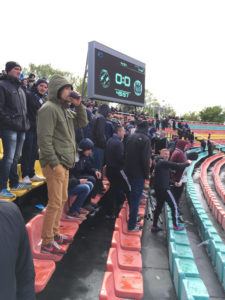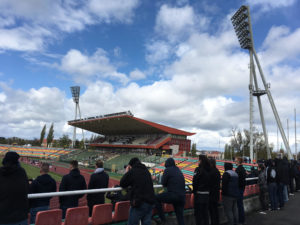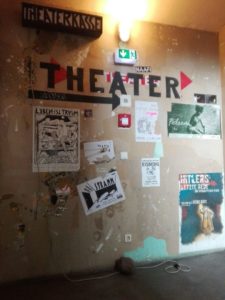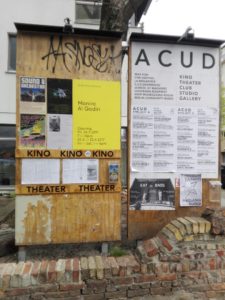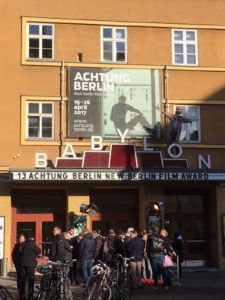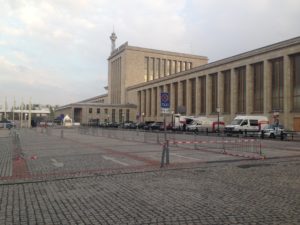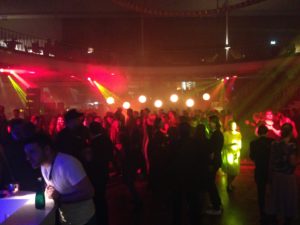Jorge Satorre Mulet
Since 1985, the last game of the footballing season in Germany has taken place in Berlin: the DFB-Pokal final. Even though some rumours arose that in the near future the final could be hosted in China, the president of the DFB (Deutscher Fussball Bund), Reinhard Grindel, ruled that option out, calming millions of German fans that want to preserve the tradition of their beloved trophy.
The weekend of the 27th of May will be a busy one in the capital of Germany, as apart from the final, the German Protestant Church Congress will also take place. This will have Barack Obama as its star guest, being his first public appearance in Europe as former US President.
In order for the weekend to run smoothly, the areas where both sets of fans will have their fan zones have already been assigned. Following the recent tradition, the Dortmund followers will gather at the Breitscheideplatz, a place they have frequented for four years in a row. This time, the borussers will be the home team. Interestingly, it is of note that Dortmund has prevented Berlin from having a team in the final, after beating Union FC and Hertha BSC along the way
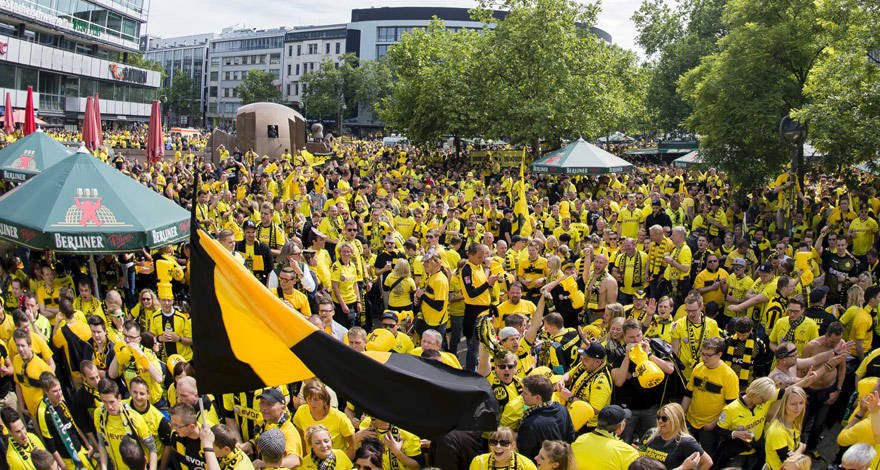
On the other hand, the Eintracht fans, who are seeing their team reach the final after eleven years without starring in it, will have their fan zone located in Alexanderplatz. The Frankfurters, despite being the theoretical away team, will be siting at the famous east curve of the Olimpiastadion.
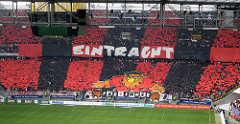
Many fans that will flood the city will not be able to attend the game, but that should not be a problem. Different locations such as the Sommergarten from the Berlin Messe will hold public viewings so that no one misses this epic encounter. Also, during the whole day, fans will be able to photograph themselves with the trophy, as it will be exposed first at the Rotes Rathaus and after that in both fans zones. It will definitely be a very intense and special weekend for everyone present in the city.

